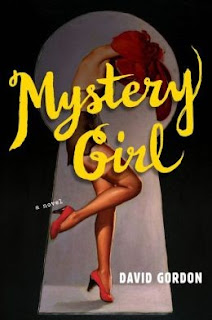Eloisa James
Mary Bly, who writes under the pen name Eloisa James, is a Fordham English professor and Shakespeare scholar who has degrees from Harvard, Oxford, and Yale. From her Q & A with Rachel Kramer Bussel at Vulture:
--Marshal ZeringueHow has your romance writing been received in your academic life?
I did not come out as Eloisa James until I had tenure and I’d hit the New York Times best-seller list. People magazine wanted a picture of me to run with a review of my second book. The chair of the English department said, “You will not get tenure. You will destroy your career.” When I got tenure, I thought, If I keep this secret any longer, I’m denigrating my own readers.
At the Romantic Times Booklovers Convention, which I attended recently in New Orleans, several people told me romance was maligned and I thought, Are they exaggerating? But then this New Republic piece came out.
I get things like a student this fall who told me, “Why should I care about your grade? You write Shakespearean porn.” But overall I’d say that the amount of negative attention to romance receded a lot until Fifty Shades of Grey. That article had enormous queasiness related to women’s sexual desire, which he funneled into “This book is so badly written …” but that book is beloved worldwide. It may be badly written — I didn’t read it — but it clearly hit a chord, and I don’t think he liked that.
Is some of that bias about the escapism factor?
No. Guys are reading Game of Thrones, and there’s a lot of escapism in that. There’s something very upsetting about a book viewed as existing only to titillate women. I’m surprised by...[read on]

























